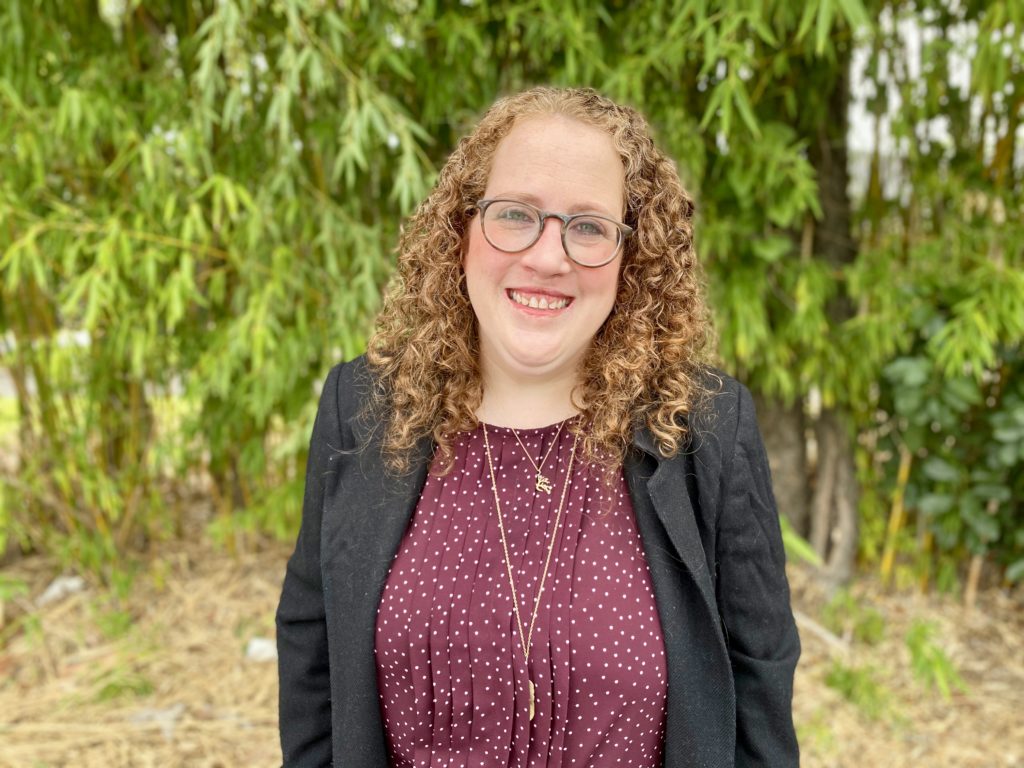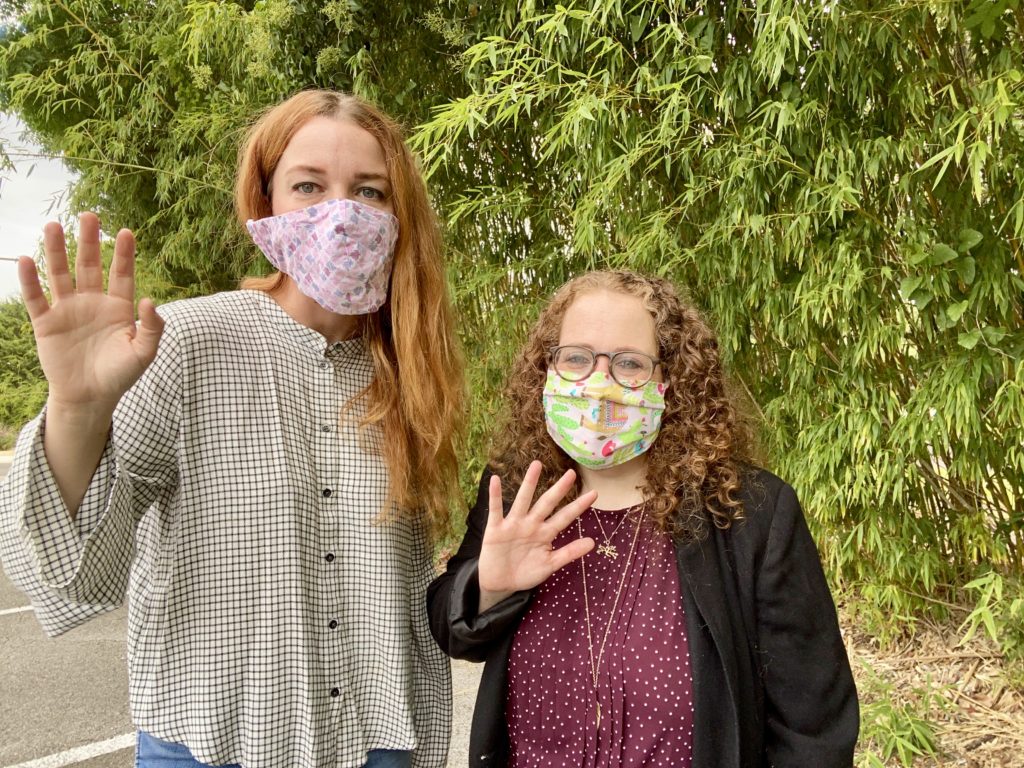Life doesn’t always look like a scene from “The Sandlot”
By Kate Miller, LPC

As adults, it is easy to edit our childhood memories to an idyllic time in our lives. It’s true there are things about childhood that are wonderful: having long summer days to play, ride bikes, play Barbies or get lost in the Harry Potter series until your parents tell you to come home to eat a dinner you didn’t have to plan, cook, or pay for. You could just be a kid.

Unfortunately, life doesn’t always look like a scene from the movie The Sandlot. The reality of childhood often looks different from our rose-colored memories. There are lots of challenges and transitions that children feel deeply leaving them feeling: disconnected, frustrated, scared, anxious or afraid. There are many challenges that children face and just as some adults handle changes differently the same is true for children. So, while for some the transition from one school to another is exciting and new friends are made easily, other children will struggle to find their place there. Your best friend’s oldest child may have easily transitioned from being the only child to being the big sister and took on her new role with excitement. However, your child is throwing multiple tantrums every day (maybe even after you thought the tantrum phase was over) and trying to send the new baby back to the hospital (or worse)! You may find yourself wondering what you’re doing wrong, that your child cannot adjust to normal life transitions.

Childhood may have brought challenges to your child’s life that even you struggle to understand and accept. Maybe your child has a been diagnosed with a disability or ADD, anxiety or another child mental health disorder. You may find yourself grappling with how to help your child. It’s so easy to have endless what-ifs, doctor’s appointments…
It is often the case that when a child is given a serious diagnosis all of the family’s focus and energy goes to the child with the diagnosis and the sibling or siblings can feel lost and forgotten. You may find yourself feeling completely unprepared to parent in these circumstances.
For your family this may not be ‘a difficult season’ but ‘your ongoing reality’ and you find yourself feeling overwhelmed.
If you found yourself resonating with any of these scenarios, take courage, there is help and hope. Your child is not ruined or lost forever. They need support to find their voice, process their pain and find their own way to connect and contribute to others. Play therapy can help children and parents on this journey. They will not have the idyllic childhood of our edited memories (because those childhoods are only real in our imaginations) but there are moments of connection and fulfillment yet to come.
Play therapy is a developmentally appropriate way for children to process what is going on in their lives. We are highly trained and ready to meet with you. Read more about our child therapist here.











